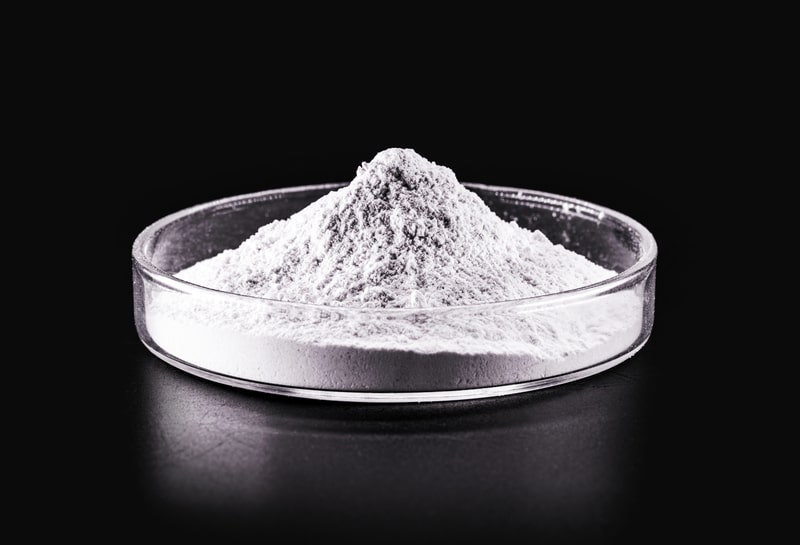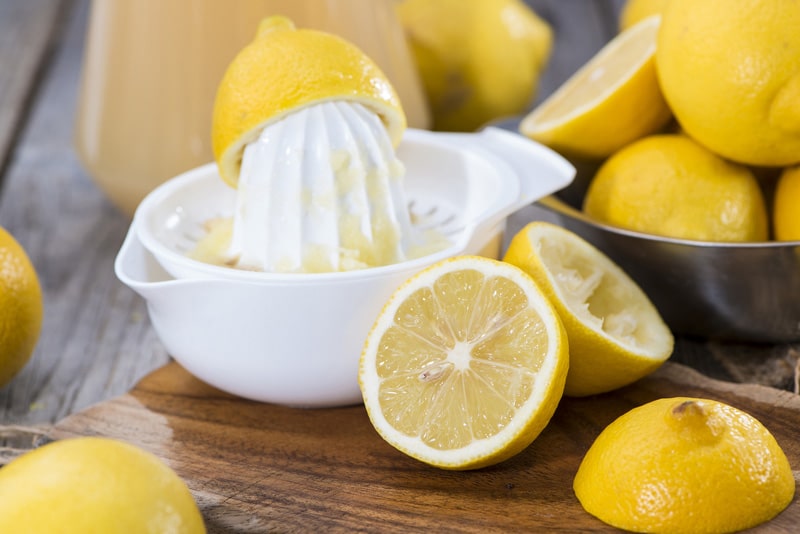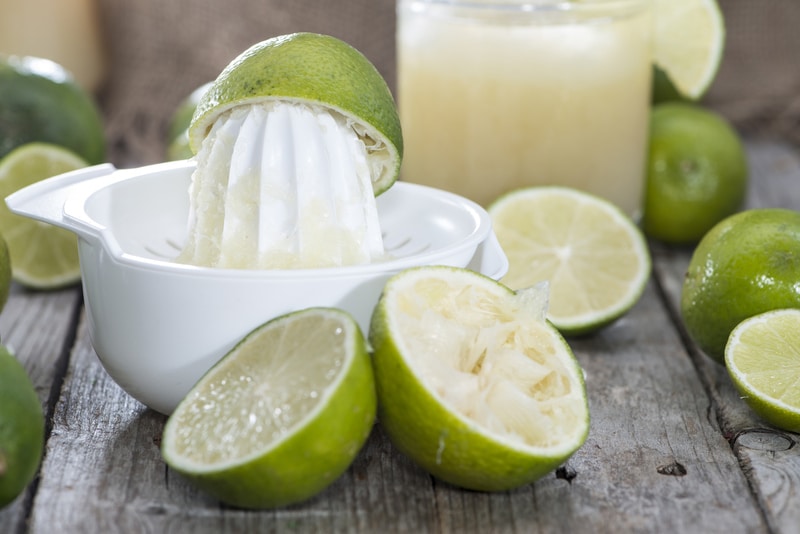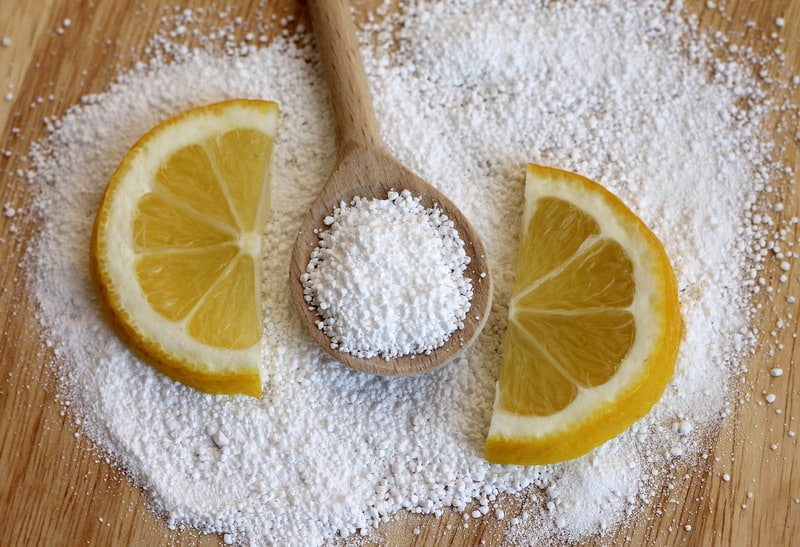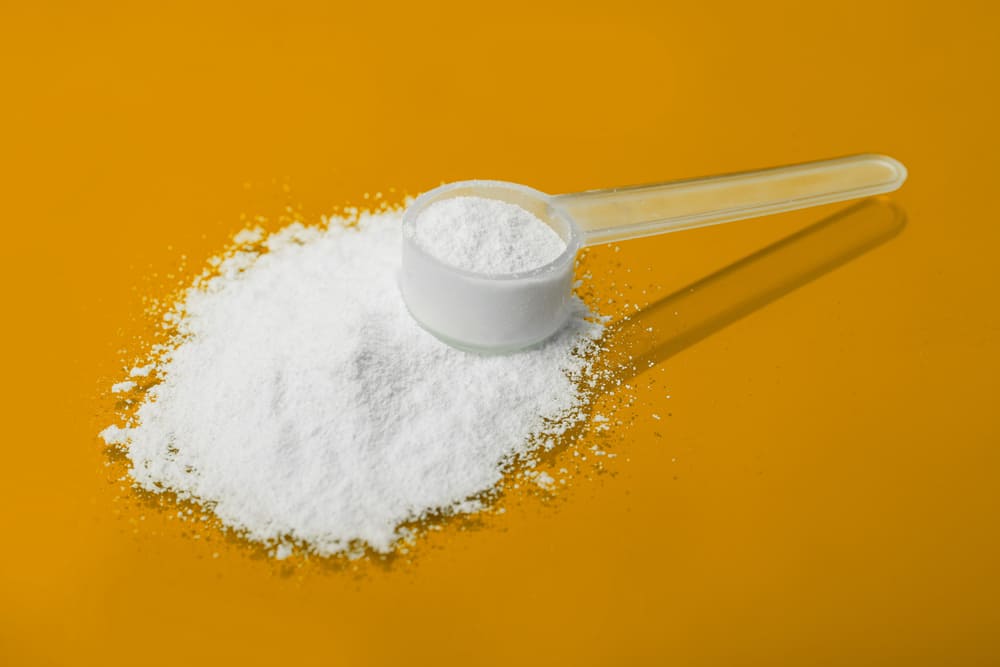
Citric acids and other substances have become indispensable in kitchens and recipes. Sodium citrate has become the newest buzzword in the culinary world. Since citric acid is an organic acid, sodium citrate is essentially citric acid in salt form.
It can be found as a white powder or colorless crystals naturally occurring in plants. It may be present in maize, citrus fruits, and other foods. Its primary functions are as a pH adjuster and water softener. It is also used to make jelly, ice cream, and sweets made with gelatin.
Since sodium citrate and its alternatives might be challenging to find, we will be covering some suitable substitutes in this article.
Sodium Citrate Substitutes
- Sodium phosphate
Sodium phosphate is an excellent alternative if sodium citrate is not available. It is made up of phosphate and sodium (Well-known as the salt-forming and inorganic chemical).
The FDA has approved food-grade sodium phosphate, making it available on the market and safe for use. However, it can be used as an additive in making processed food. Not to mention that it may be used as medicine, but only under the supervision of a physician.
It is included in deli meat, fast food, canned tuna, processed meat, and baked goods, among other foods. Because it helps maintain the texture of many food products, it is suitable for thickening the cuisine (processed food items).
If you’re trying to cure meat items, sodium phosphate is an excellent alternative to sodium citrate since it prevents the meat from spoiling. It may be added to the batter for bread and cakes, making it the ideal leavening agent.
The FDA has designated it safe for eating, provided that just a tiny amount is utilized. So, keep that in mind while using it. It would be better to read the instructions mentioned on the package before using it. In addition to that, it has a relatively long shelf life.
Sodium citrate, which has a wide range of culinary and medical uses, can also be substituted with lemon juice. Lemon juice goes well as a garnish for fish and meat meals and may also be added to drinks and desserts.
The heaviness and grease of many dishes can also be eliminated using lemon juice. It enhances and brightens up the flavor of your recipe. Lemon juice’s ability to alter food texture allows it to adapt to various recipe requirements.
As an illustration, it works well for making ceviche, tenderizing meat, and softening fruit. In addition to culinary recipes, it may be used in baking. Adding lemon juice to the recipes will provide sweet and savory dishes with zesty and vibrant tastes.
Furthermore, it has a low pH, making it an ideal option for jams and jellies. It produces the appropriate rise in baking recipes.
- Lime Juice
Although they are pretty different, lime juice and lemon juice are sometimes mistaken. Lime juice can be easily extracted from limes or can also be manually squeezed out. However, it would be best to filter the pulp to squeeze lime juice from your hand.
To make lime juice easier to use, you may also combine it with water, sugar, or syrup. It can also be kept in glass bottles or metal cans. Bisulfite can be used to keep lime juice fresher for extended periods. What’s even better? It has shown many health benefits as well.
It is rich in vitamins and antioxidants that protect your body from many diseases. In addition to that, it benefits your skin as well. Bisulfite can be used to keep lime juice fresher for extended periods.
The best thing about this juice is that it can be kept for roughly a year, even without a refrigerator.
- Citric Acid
As a substitute for Sodium Citrate, you can use a mixture of citric acid and baking soda to balance the acidity of your recipe. Be mindful that using too much baking soda will cause your food to develop a sour taste. So, use citric acid in moderation.
Apart from recipes, it finds its uses in baking as well. It can act as a leavening agent and make cakes rise during the baking process.
The Bottom Line
Sodium citrate is known for its tangy taste and is used in various recipes. If it is not available in your region, you can refer to this article to find its healthy substitutes. Citric acid, sodium phosphate, lemon juice, and lime juice can be used as alternatives to sodium citrate.
